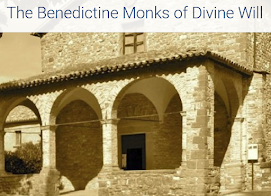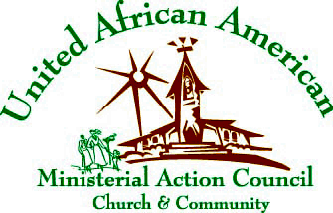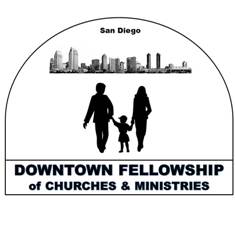Saturday, September 23, 2017
'Till We Have Faces with David Roper
'Till We
Have Faces
Help me, O God...
I am weary with my crying out;
my throat is parched.
My eyes grow dim
with waiting for my God.
More in number than the hairs of my head
are those who hate me without cause;
mighty are those who would destroy me,
those who attack me with lies...
O God, you know my folly; the wrongs I have
done." —Psalm 69:1-5
The psalmist sets out to
pray, lamenting the wrong that others have done to him. But, as the complaints
tumble out of his mouth, he begins to see his own "folly," the wrong
he has done to others.
Prayer works like that: It
changes us, a largely unremarked premise C.S. Lewis' develops in his
fantasy, 'Till We Have Faces.
The main character, Orual,
has been taking angry mental notes throughout her life, bitter at others and
the way they have treated her. Finally, deciding to put her complaints in
writing, she describes each instance in which she believes she has been
wronged. But as she does so she sees her own "face" (her
"self"). In a flash of insight, Orual asks, "How can the gods
meet us face to face, 'til we have faces?"[1]
So, God helping me, I hope
someday soon to see my own “face." Then, perhaps, I will begin to
respond to those that have wronged me with greater insight, humility, mercy and
grace (cf, Matthew 7:1-5).
David Roper
9.23.17
[1] Till We Have Faces is
set in a pagan culture
E-musings are archived at http://davidroper.blogspot.com
Subscribe to:
Post Comments (Atom)





















No comments:
Post a Comment